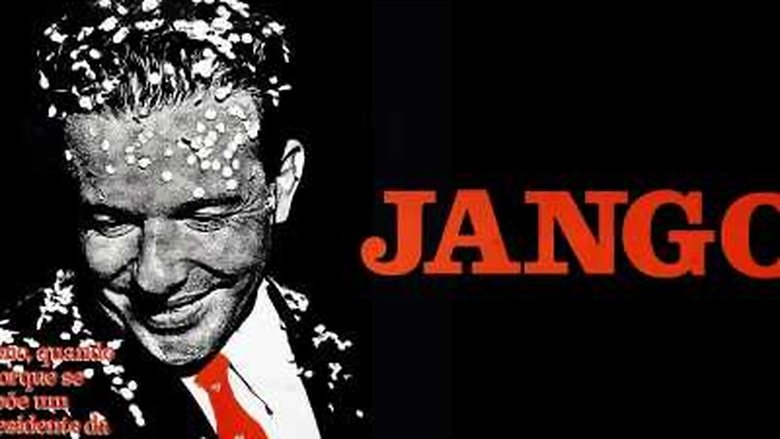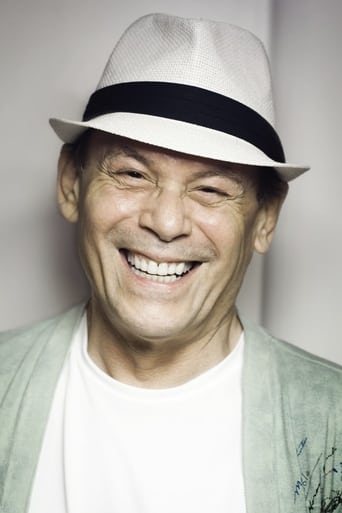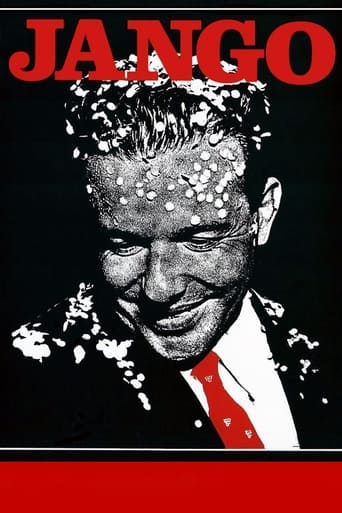
The story of João "Jango" Goulart, the Brazilian left-wing president deposed by the military.
Similar titles

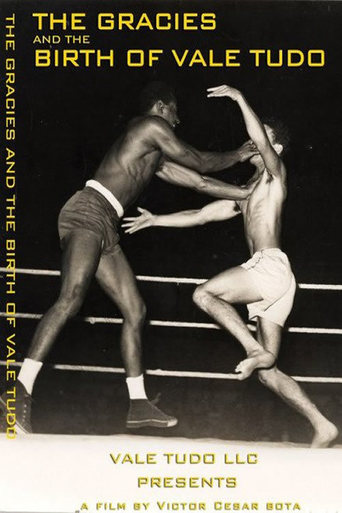
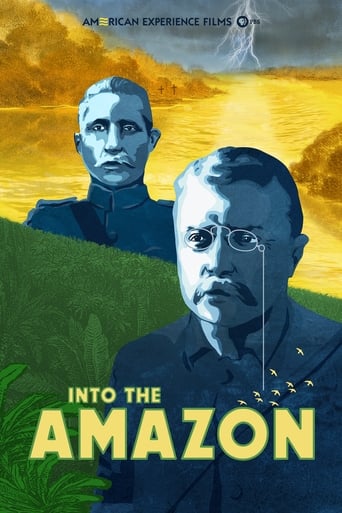
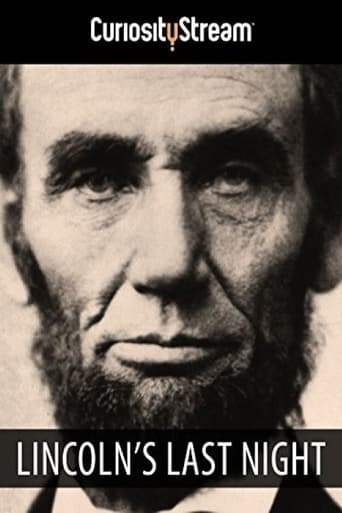
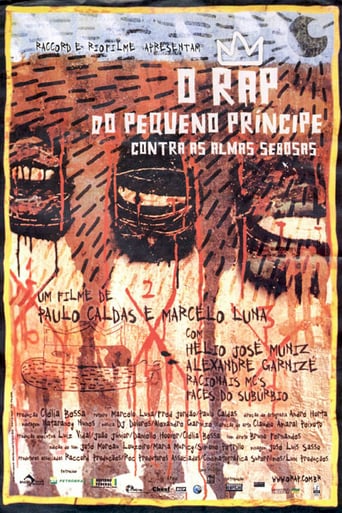

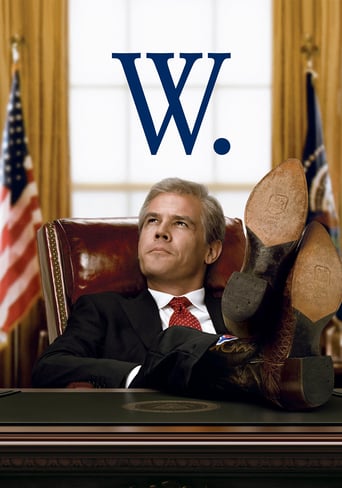
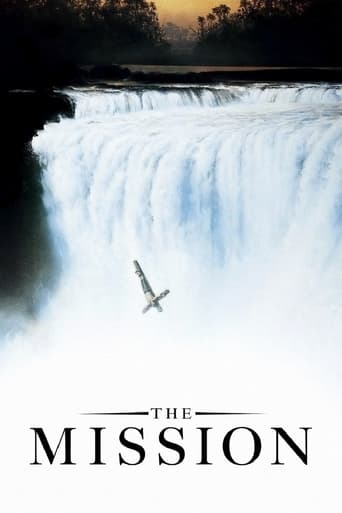
Reviews
Just perfect...
In truth, there is barely enough story here to make a film.
Blistering performances.
It is an exhilarating, distressing, funny and profound film, with one of the more memorable film scores in years,
"Jango" is a Brazilian documentary about João Goulart (Jango), Brazil's president in 1961-64. It is a good film and a good documentary, making full use of the available news footage of the time - even some very obscure shots of Goulart in the USSR as vice-president - and alternating contemporary images (mostly in black-and-white) with new interviews in color with some of the people involved in key events of the time. The film was made in 1980, only 16 years after the event, so many of those people were still alive at the time.It has a very good soundtrack by a famous Brazilian singer and musician, Milton Nascimento, even though the music is so obviously used to manipulate your emotions that it falls into cheap sentimentality. The editing and narration are fine.As to its political content: it's necessary to understand the context in which the film was made.Brazil had democratically elected governments since the fall of the Vargas dictatorship in 1945. The president elected in 1960, Janio Quadros, resigned in August 1961, after only six months into his term. At the time he didn't offer any satisfactory explanation, talking cryptically about "terrible forces". Quadros himself belonged to the conservative party UDN, but his vice-president, João Goulart, to the left-wing party PTB. Goulart had been Labor Minister in the second (and democratic) Vargas administration of 1951-54 and was regarded as being dangerously too far to the left by the military and the UDN.Goulart was actually a wealthy landowner and not really a communist or socialist - he was a left-wing populist political boss in the later Vargas tradition. When Quadros suddenly resigned in 1961, Goulart was returning from an official visit to China, and the top Brazilian military - with the support from conservative politicians - informed Congress that they would not allow Goulart's return to assume the presidency.(During the supposedly democratic period of 1946-1965 the Brazilian military regarded themselves as guardians against communism or a return to Vargas's populism, entitled to interfere in civilian and constitutional affairs - a limited democracy actually).To make a long story short, a deal was made whereby the constitution would be amended to create a quasi-parliamentary system, so Goulart would have to appoint a prime minister approved by Congress. So Goulart returned to assume a weakened presidency, managed to get his full powers back after a plebiscite, and after a very turbulent year of 1963, with high inflation, increasingly acid political argument from all sides, in 1964 Goulart started to speak in favor of sweeping "basic reforms" including land reform without compensation for landowners, nationalization of private oil refineries, and even of calling a new constituent assembly to write a more "workers-friendly" constitution. After giving his support to strikes by sailors and army sergeants, the military - with the help of most major Brazilian politicians - toppled Goulart, who fled Brazil without fighting.Thus the military government in Brazil started. It would end only in 1985. Goulart died in exile in Uruguay in 1976.For many people Goulart remained a symbol of "what-might-have-been" - that is a Brazil with less unequality, with socialist characteristics etc. And in 1980 - when the movie was made - there was no longer censorship, even under the military, so it was the first movie to be made that even *could* say something good about Goulart, and understandably it showed him in the most positive light possible and gave the most positive interpretation to these actions as possible.In fact, for quite some time, the only politically correct way of discussing Goulart in Brazil *was* to show him in a positive light, because not to do so might be interpreted at supporting the military regime.This has changed in recent years. Some of the same people who were interviewed for the movie have made disparaging remarks about Goulart - how "he loved power, but hated governing", how his "basic reforms" were mainly show, how he sabotaged his own Planning Minister's attempts to bring the economy into control, how his main concern was to prevent a political enemy, Lacerda, from becoming president in 1965. Of course one should condemn the 1964 coup d'etat, but without making Goulart the hero that he wasn't.That is why, I think, this movie has fallen into relative obscurity in Brazil - it's too biased and hasn't aged well, unlike the same director's "Os Anos JK", about the Kubitschek years, which was more balanced to start with.Still, "Jango"'s bias is seen from the narration and the interviews, but it doesn't manipulate the chronology of events, or use editing to distort what people said, the way that Michael Moore's movies do. Therefore, in my opinion, it remains a good documentary, although one shouldn't use it the the sole source about those years.
Top Streaming Movies











